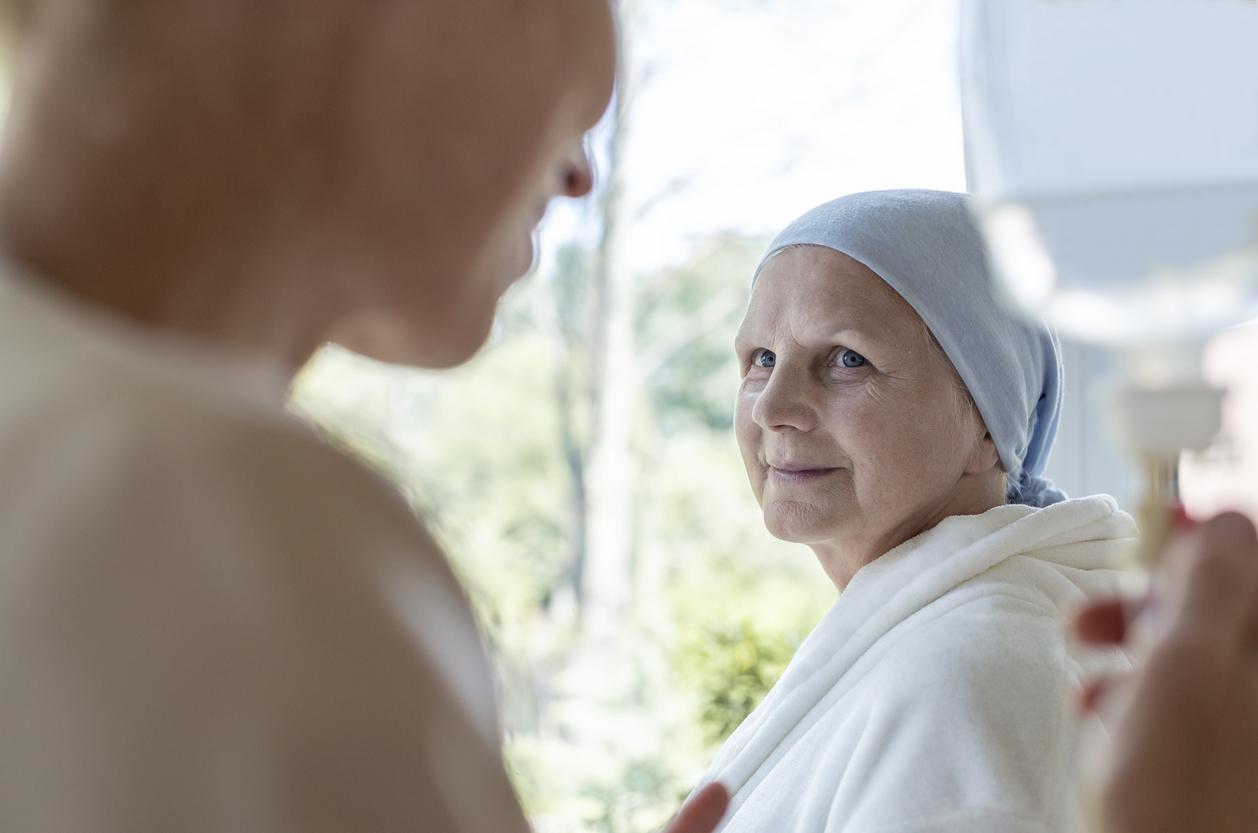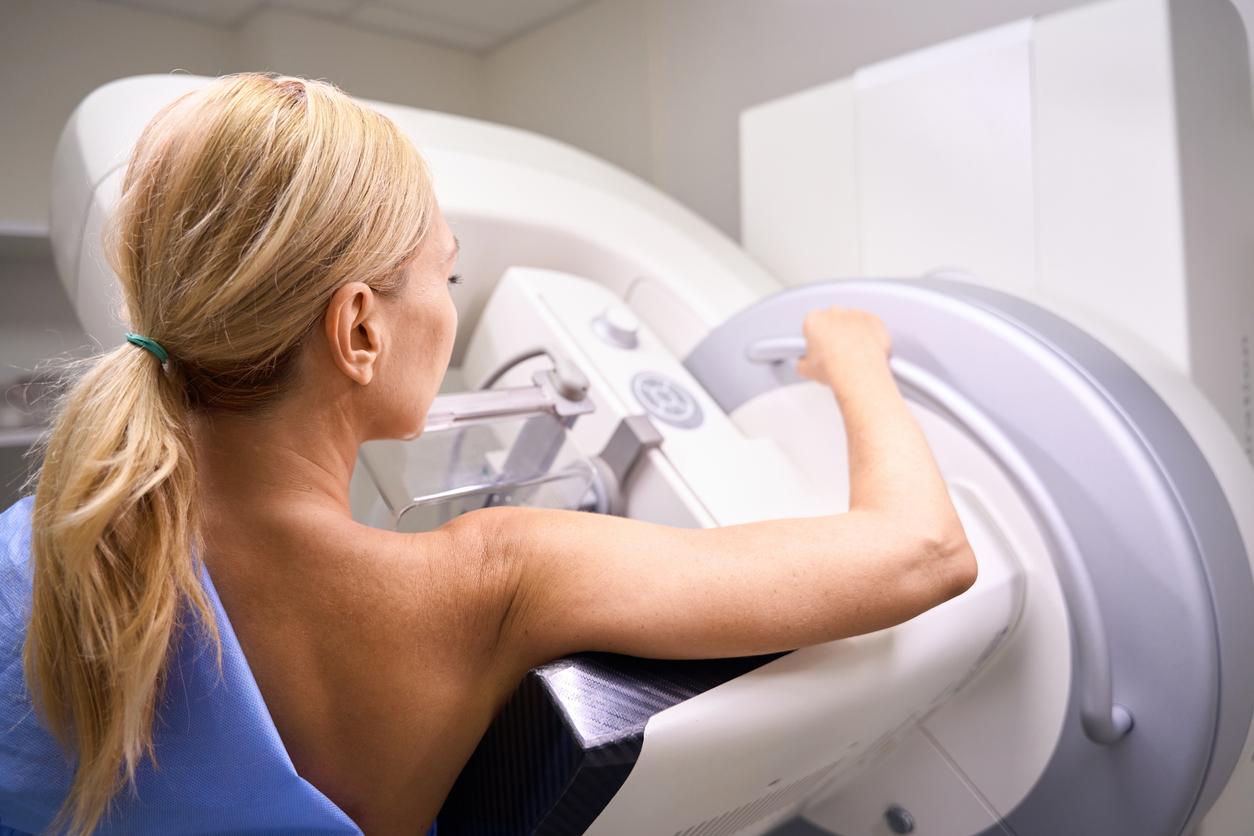A new study has just looked at the long-term effects of chemotherapy on the immune system. This study shows that women who have undergone this treatment to treat breast cancer take at least 9 months to recover enough antibodies, “which makes them more vulnerable to common viral or bacterial infections, such as tetanus or pneumonia” underlines Professor Thomas Hughes, Associate Professor at Leeds Faculty of Medicine (Great Britain) and principal author of the study published in the medical journal Breast cancer research.
“We were surprised to realize that chemotherapy had an impact over such a long period of time.” he adds.
3 in 10 women undergo chemotherapy
About 30% of women with breast cancer experience chemotherapy. This works by attacking cells that reproduce quickly, which is the case with cancer cells. But other cells, like those in the bone marrow or white blood cells, are also likely to be affected by the drugs.
For this study, British researchers studied the immune systems of 88 women with breast cancer. Their level of lymphocytes (white blood cells) was measured before chemotherapy and then at regular intervals between 2 weeks and 9 months after this chemo.
The levels of almost all lymphocytes, including the “killer cells” which defend the body against viruses and bacteria, fell sharply after chemotherapy and it took 9 months for them to return to their “pre-chemo” level. .
“On the other hand, even after 9 months, the antibodies against tetanus and pneumonia stayed low. This shows that we must take into account the immune health of cancer patients when planning treatment “ says the doctor.
Read also :
Breast cancer: better targeted screening
Breast cancer: mammography does not prevent the most serious forms


















